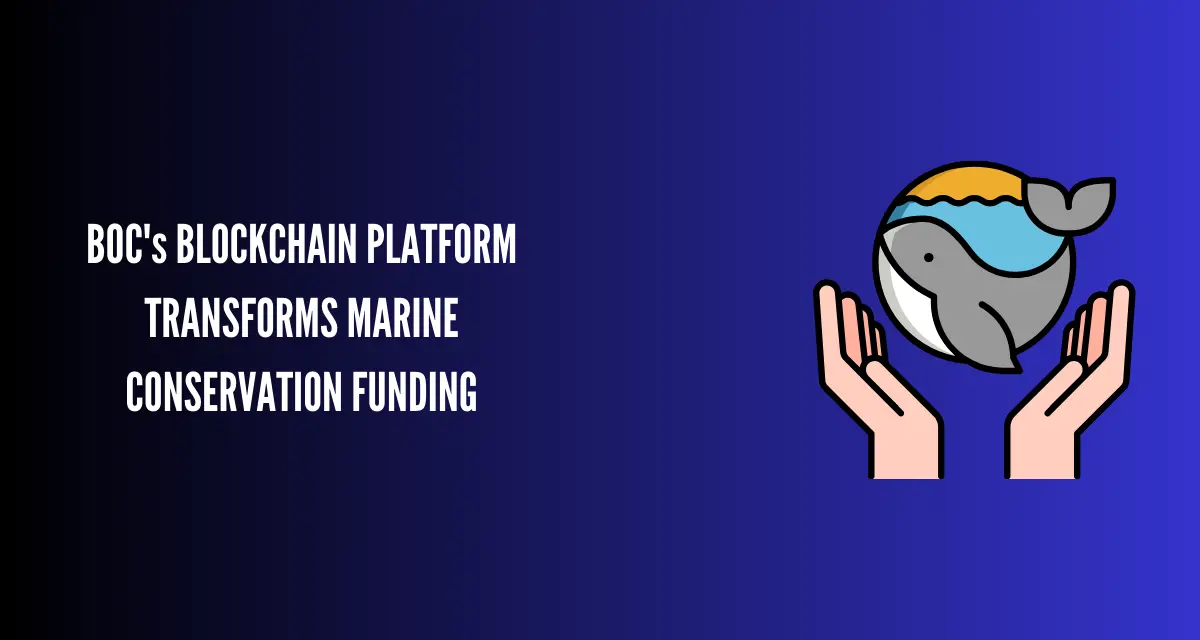There comes a time you think that I am short of those skills which are required to get high paying clients. And many times you faced struggles for to actually explain someone about your skills. And there can be a one reason you actually do not know what you have in yourself as being a content writer.
Content writing offers an exciting path for those passionate about words. This guide provides the knowledge about every skill needed to overcome those challenges. Dive in, and start building a successful career in Content writing.
Don’t know about the different types of writing? Here’s the one we explained : Copywriting vs. Content Writing: What’s the Difference?
The Essential Ingredients of Great Content Writing
Storytelling
Storytelling turns ordinary writing into something memorable. Creative writers use imagery to evoke emotion and pacing to control the reader’s experience. Showing, not telling, makes writing impactful. Mastering these techniques sets great content apart.
Understanding of Target Audience
Understanding your audience shapes what you write and how it’s received. For example, young adults might focus on health and fitness, while homemakers are more concerned about family care. Tailoring your message based on your readers’ needs makes your content more effective. Tools like Google Analytics help you identify your target audience.
Strong research and information gathering
Research is a vital writing skill that builds credibility and generates ideas. Secondary research often starts with Google, reading multiple articles, and watching videos. Primary research may involve interviews to gather unique information. Writers must identify credible sources and avoid plagiarism to ensure content accuracy and reliability.
Adaptability to different writing formats
Adapting to different formats is key for a content writer. Suppose you’re working with a tech company launching a new productivity app. For a blog post, you might write a detailed how-to guide explaining its features. On social media, the tone would shift to something brief and catchy like, “Boost your workflow with our new app! Share your top productivity hacks for a chance to win premium access.” The ability to flex between educational and promotional tones is essential.
Social Media Savvy
Mastering social media writing is essential in today’s digital landscape. Crafting short, clear messages helps convey ideas effectively to diverse audiences. Using simple language without jargon ensures accessibility and engagement. Developing this skill significantly enhances your content writing toolkit.
Basic knowledge of SEO
Purchasing decisions have shifted from word of mouth to online searches. SEO plays a crucial role in improving content visibility on search engines. Writers should understand keywords, headers, and meta tags to enhance rankings. Tools like Demand Jump can simplify SEO and keyword research for writers.
Humour and wit
Incorporating humor and wit is essential for engaging content writing. Even mundane topics can become enjoyable through clever phrasing and light-hearted sarcasm. This approach keeps readers interested and makes the content relatable. Infusing fun into your writing can transform the reading experience.
Creativity and Originality in content writing
Creativity sets a writer’s work apart, transforming familiar ideas into something unique. Many brands market smartwatches for fitness, but positioning them as aspirational luxury items creates a fresh perspective. This approach appeals to executives and emphasizes status, making the content stand out. Originality often stems from viewing topics through a new lens.
Craft a Compelling Headline
Headlines are crucial for attracting readers to your blog. While 80 out of 100 visitors may read your headline, only 20 will continue reading. Effective headlines offer specific details while leaving some mystery to entice readers. Research shows that about 65 characters is the ideal length for engaging headlines on social media platforms.
Hook Readers With an Interesting Intro
Once your headline attracts a reader, the introduction must keep them engaged. Research indicates that about 57% of reading time occurs above the fold, making a strong intro vital. To maintain interest, jump straight into the content that your headline promises. Acknowledging readers’ challenges and providing solutions in the introduction encourages them to continue reading.
Write for Your Audience
Targeting a specific audience makes your writing more effective. For instance, an article on “great content writing” likely speaks to marketers, allowing for tailored advice. Writing broadly for all potential audiences, like in an article on “great writing,” would dilute the focus, making it less relevant to any group. Focusing on a niche ensures your message resonates.
Narrow Your Article’s Focus
Each article should center around a single clear idea from start to finish. This focus leads to logical arguments, smooth flow, and actionable takeaways for readers. Avoid broad topics unless writing a comprehensive pillar page; for example, instead of “How to improve your marketing,” use “How to leverage email marketing for e-commerce businesses.” Narrowing your focus allows you to deliver valuable insights tailored to a specific audience.
Be Engaging
Even the best headlines won’t keep readers if the content doesn’t grab their attention quickly. BuzzSumo’s research shows that different platforms favor different content styles. While simple language is often recommended, the study found that readability scores alone don’t guarantee success. Instead, it’s essential to use language that resonates with your specific audience to keep them engaged.
Write in Your Unique Brand Voice
Some brands always stay one step ahead through their content due to a strong brand voice. Consistency is key; understanding your audience and what engages them helps maintain this voice. A centralized document outlining your brand voice ensures all team members align on tone and messaging. This document should include core values, audience descriptions, and examples of preferred language.
Provide Knowledge That Readers Want
Providing relevant content is essential for keeping readers engaged. If an article on content writing tips veers into unrelated topics, readers are unlikely to return. Understanding what your audience seeks through keyword research helps ensure your writing meets their needs. Tools like Ubersuggest can reveal common questions about a subject, guiding you to include the most relevant information in your articles.
Use an Outline
Creating an outline after researching audience expectations is crucial for producing a well-structured article. An outline helps organize your thoughts and locate valuable sources to support your points. Arrange questions logically, starting with basics before diving deeper; for example, “What is content marketing?” should precede “How can content marketing improve brand awareness?” Additionally, use subheadings for complex sections, like breaking down “Benefits of Content Marketing” into subsections such as “Increased Website Traffic,” “Enhanced Customer Engagement,” and “Higher Conversion Rates.” Gather relevant third-party sources to enhance your content.
Include Actionable Tips
Aim to provide valuable insights in your content writing to encourage readers to share and return. Offering specific, actionable tips is an effective way to teach your audience. Being an expert in your field enhances your credibility; for example, I focus on marketing because it’s my area of expertise, not brain surgery. Share how you solve real-world problems step by step, referencing the tools and processes you use, especially if they’re your own creations.
Add Trust Factors
With so much content available, distinguishing yours is vital. Establishing trustworthiness through well-researched and authoritative material increases the likelihood of clicks. While a strong reputation in your field offers an advantage, starting from scratch is possible by building credibility. Utilize backlinks by linking to reputable sources and encouraging high-authority sites to reference your content for enhanced trust and better search rankings.
Additional Must haves on your Content Writer Profile
Acquiring additional writing skills can enhance your resume significantly. Organizing source materials ensures that gathered information supports your writing goals, creating a logical flow and coherent narrative for your audience. Developing a content strategy requires crafting a structured plan that defines your objectives, target audience, topics, formats, and publishing schedules, making it essential in today’s landscape.
Familiarity with different Content Management Systems (CMS) streamlines content creation, formatting, and collaboration, making it a valuable skill for writers. Staying updated with trends allows writers to leverage social media effectively, making content engaging and relevant. Regular competitor analysis, market research, and the use of analytical tools can help in keeping abreast of emerging trends.
Frequently Asked Questions
Can I become a Content Writer without experience?
Becoming a content writer without prior experience is possible with effort and dedication. Numerous resources are available to help you learn and improve your skills.
How can I practice Content Writing?
Start a personal blog or create social media posts on topics you love to practice content writing. Consistent and manageable writing sessions will help you refine your skills over time.
What Personal Qualities or Traits Are Beneficial for a Successful Content Writer?
Successful content writers excel by being adaptable, detail-oriented, and creative, with strong research, SEO, time management, communication, and editing skills.
Are There Any Specific Industries or Sectors That Offer More Opportunities for Content Writers?
Industries like digital marketing, e-commerce, tech, education, and healthcare present abundant opportunities for content writers due to their continuous demand for fresh content.
How Can Content Writers Stay Updated on Current Trends and Changes in Content Writing Practices?
Staying updated on content writing trends involves reading industry blogs, attending webinars, participating in forums, and following influencers on social media to continually enhance your skills and knowledge.
How to Handle Writer’s Block or Lack of Inspiration in Content Writing?
Overcoming writer’s block requires changing your environment, taking breaks, exercising, and engaging in activities that stimulate your mind. Reading widely can also inspire fresh ideas and help you break free from a creative slump.
Is content writing hard?
Crafting quality content that truly resonates with your audience requires skill and insight, as it’s more than just stringing words together.
What is SEO copywriting?
Successful content creation focuses on producing material that search engines can comprehend, moving beyond simple keyword stuffing to incorporate meaningful context and relevance.
What are the main types of content writing?
Content writing consists of two main categories: content marketing, which includes blogs and e-books, and copywriting, which focuses on website content and advertising materials.
Conclusion
Starting your content writing journey requires dedication and practice. Understanding your target audience is essential for crafting compelling content that resonates and drives results. As you continue to learn and refine your skills, remember that your words hold the potential to make an impact. Take a leap of faith and be confident to start your journey.
Author

Emma , our Word Weaver, spins words into compelling narratives. Her mastery lies in crafting content that not only informs but also engages, fostering a connection between your brand and your audience.
View all posts







